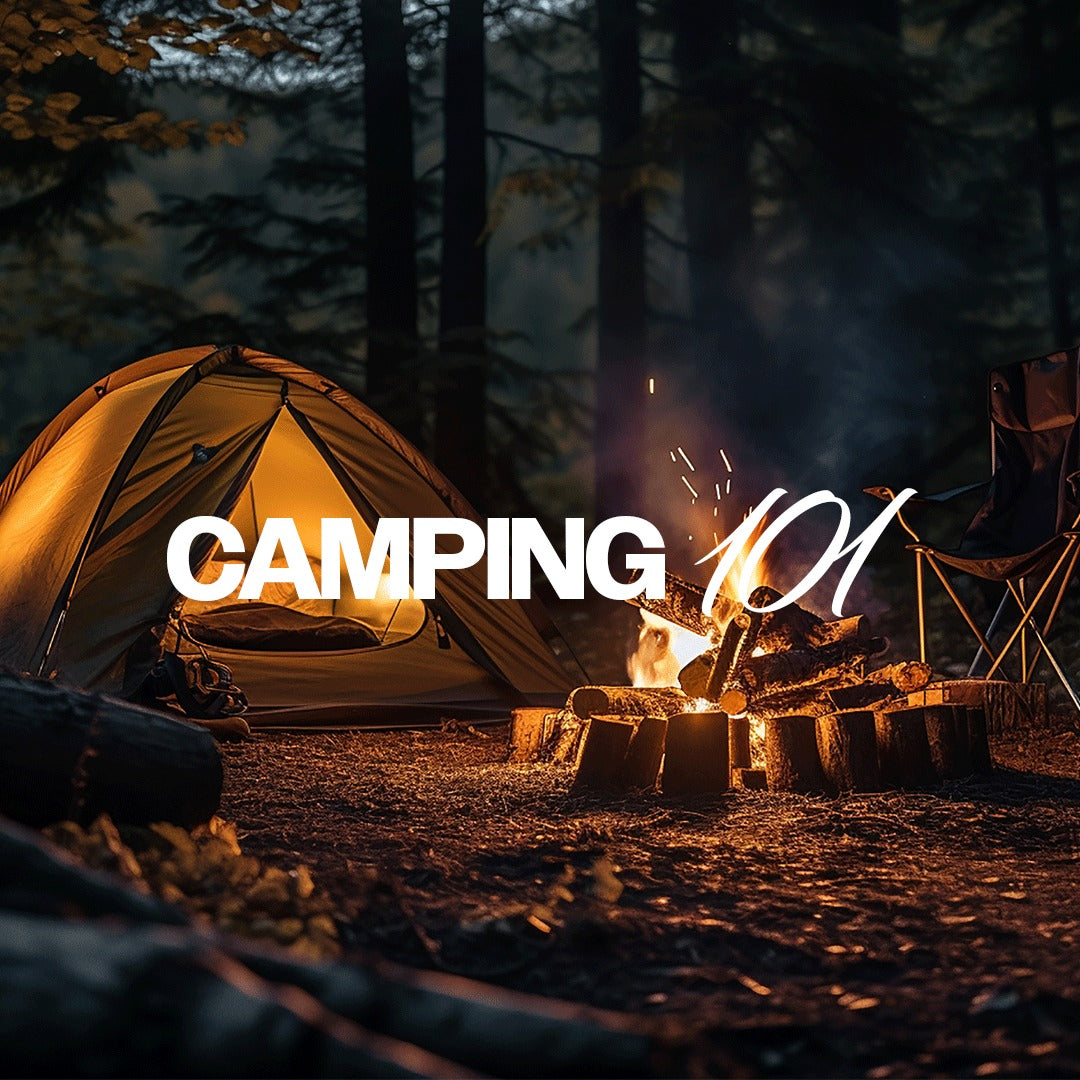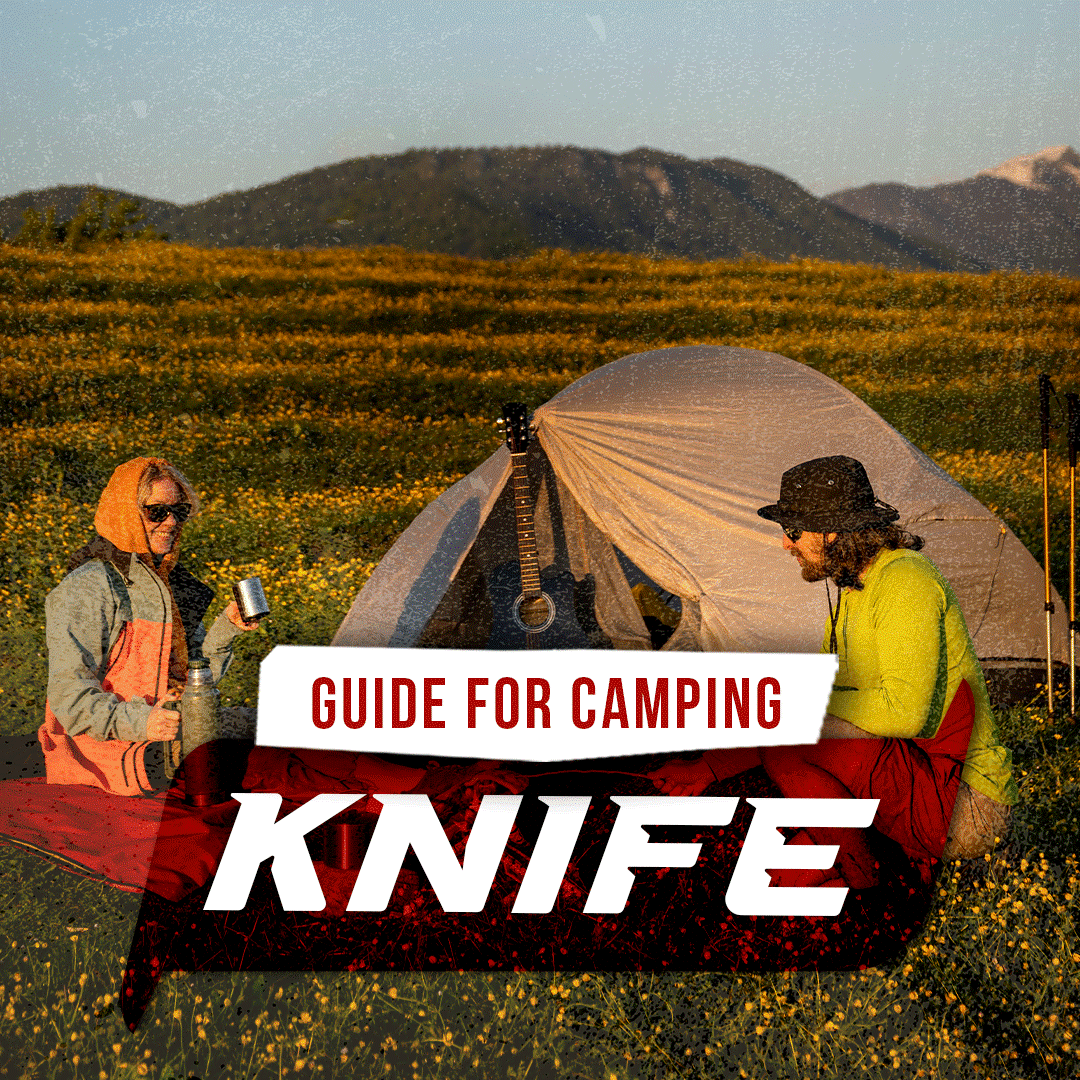
Camping 101: Your Guide to Outdoor Living and Bushcraft
Camping and learning bushcraft techniques are some of the best ways to connect with nature. This guide provides essential information and tips for spending time in the great outdoors. Whether it's a weekend getaway or a long hike, this guide will help you navigate your adventure.

-
Essential Camping Gear
When camping, there are a few essential items you should always have:
- Tent: Choose a weather-resistant, easy-to-set-up tent.
- Sleeping Bag: Select a sleeping bag with a temperature rating appropriate for the season.
- Camping Mat: Use a camping mat for added comfort and insulation.
- Cooking Set: Include camping stoves, lightweight pots and pans, reusable plates, and utensils.
-
Choosing Your Campsite
Selecting the right campsite is crucial for a comfortable and safe camping experience. Consider the following:
- Water Source: Ensure your campsite is near a clean water source.
- Flat Ground: Pick a flat, rock-free, and root-free area for your tent.
- Wind Protection: Choose a site sheltered by trees or natural barriers to protect against wind.
- Safety: Stay clear of wildlife trails and make sure your site is well-lit.
-
Food and Water Management
Proper food preparation and water management are vital. Here are some tips:
- Water Purification: Always carry water purification tablets or a portable water filter.
- Planned Menu: Opt for lightweight, quick-cook, and nutritious foods like canned goods, dried fruits and vegetables, instant soups, and pasta.
- Food Storage: Use hanging storage bags or camping coolers to keep food away from animals.
-
Outdoor Safety and First Aid
Safety in the outdoors is paramount. Here are some key safety tips:
- First Aid Kit: Always have a first aid kit and know how to use it.
- Map and Compass: Carry a map and compass, and know how to navigate with them.
- Weather Check: Monitor weather conditions and be prepared for sudden changes.
- Emergency Plan: Create an emergency plan and share it with your camping companions.
-
Bushcraft Techniques
Bushcraft involves learning skills necessary for survival in the wilderness. Here are some basic techniques:
- Shelter Building: Learn to construct quick and effective shelters using natural materials.
- Fire Starting: Develop skills to safely start and maintain a fire.
- Navigation: Use the sun, stars, and natural landmarks to find your way.
- Knot Tying: Master basic knots for various uses in the wilderness.
-
Environmental Awareness and Responsibility
Protecting the environment and practicing sustainability are crucial when spending time in nature. Keep these principles in mind:
- Leave No Trace: Follow the Leave No Trace principles to minimize your impact on nature.
- Waste Management: Be prepared to collect and dispose of all waste properly.
- Conserve Natural Resources: Avoid polluting water sources, damaging vegetation, and disturbing wildlife.
7. Outdoor Activities
There are numerous activities to enjoy while camping. Here are some suggestions:
- Hiking: Explore nearby trails and enjoy the scenery.
- Fishing: Try fishing in local water bodies if allowed.
- Wildlife Watching: Observe and photograph local wildlife.
- Stargazing: Use a telescope or binoculars to enjoy the night sky.
Camping and learning bushcraft techniques are wonderful ways to deepen your connection with nature. With the tips and information in this guide, you can have a safe, enjoyable, and sustainable camping experience. Remember, it is our responsibility to protect nature and leave a clean world for future generations.
Enhance Your Outdoor Experience with KamTo make every moment in nature safer and more enjoyable, Kam offers a range of products ideal for outdoor enthusiasts. Known for durability and versatility, Kam products are the perfect companions for your outdoor activities. By equipping yourself with Kam, you can be prepared for anything and feel secure during your adventures.



